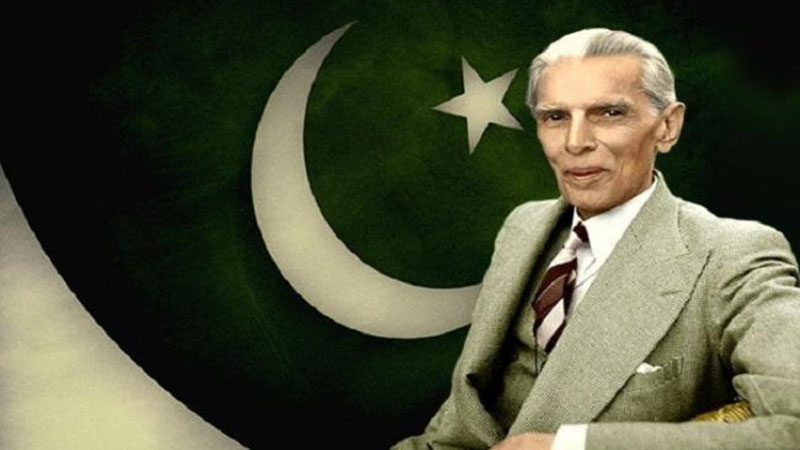Muhammad Ali Jinnah was a man well on the way to death before he managed to defile India by breaking away a part of it. Although, he cannot be implicated as the sole person responsible for partition and the communal riots that followed, for that is too much of a burden to be carried by a single man. But he remains one of the reasons for the massacre during the partition. Thus, it would be equally unjust to not attribute the carnage to him.
While he managed to swing between settling in England which was more suited to his palate quite like the liquor he enjoyed, he also swung between calling Pakistan an Islamic and a Muslim nation. While both on surface may appear the same, the undercurrents of his apparent use of these terms had ramifications then and it still continues to do so with the forced conversions and oppression of minorities.
While his use of English was nowhere in comparison to his Urdu which was broken at best, receiving catcalls as documented by many for not being able to articulate, since he would speak lines from English plays like ‘Hamlet’.
After the separation from Congress and leading the Muslim League, his words on July 19, 1946, in his valedictory speech: “What we have done today is the most historic act in our history. Never have we in the whole history of the League done anything except by the constitutional methods and by constitutionalism. But now we are obliged and forced into this position. This day we bid goodbye to constitutional methods. Now the time has come for the Muslim Nation to resort to direct action. I am not prepared to discuss ethics. We have a pistol and are in a position to use it.”
This statement is engraved in history which makes him the first who became a victim of aggression and he forever will be called an aggressor, who acted out of his primitive emotions which took better of his conscience. He is what one would call in modern times, the person who shot the first bullet, though proverbially, and ended up murdering millions.
While some believe that it was not Muslims who demanded the partition and the independent state of Pakistan, one cannot turn a blind eye to the leader they chose: Jinnah. Jinnah was a spokesman of the Muslims of pre-independence era and possibly had been shouldering the responsibility of representation. But he also had his counterparts who were known aggressors looking for a chance whom he had to appease and hence probably his speech for use of the ‘non-constitutional’ methods.
The use of ‘non-constitutional’ method when suggested by a leader is both inappropriate and immoral. This is something we might still have to contend within our history that the person responsible for breaking away our mother land had no regard for constitutional methods which are still the method used by Pakistan waging a war on multiple fronts with India. But then, who can expect more from a country created by a person who suggested the use of non-constitutional methods at the expense of breaking a land that was also once upon a time his own.
While hate remains too strong a term in the memory of Jinnah, one cannot simply deny the intense dislike of masses for a man behind the partition of a nation based on religion. This was an act of religious extremism which Pakistan is continuing to follow, visualized over decades of exodus, forced conversions, defacing of temples, churches and action against non-believers, which includes many of their own fold against whom unthinkable atrocities have been carried out.
One cannot help but lament the fact that those in India are still under the slave mentality where they are obeying laws which were probably applied on them by force. Thus, one should not forget that in what circumstances their ancestors were converted.
While the present attachment to a portrait is the antithesis of belief of co-religionist, it’s amusing to see them fight for a man responsible for genocide.
